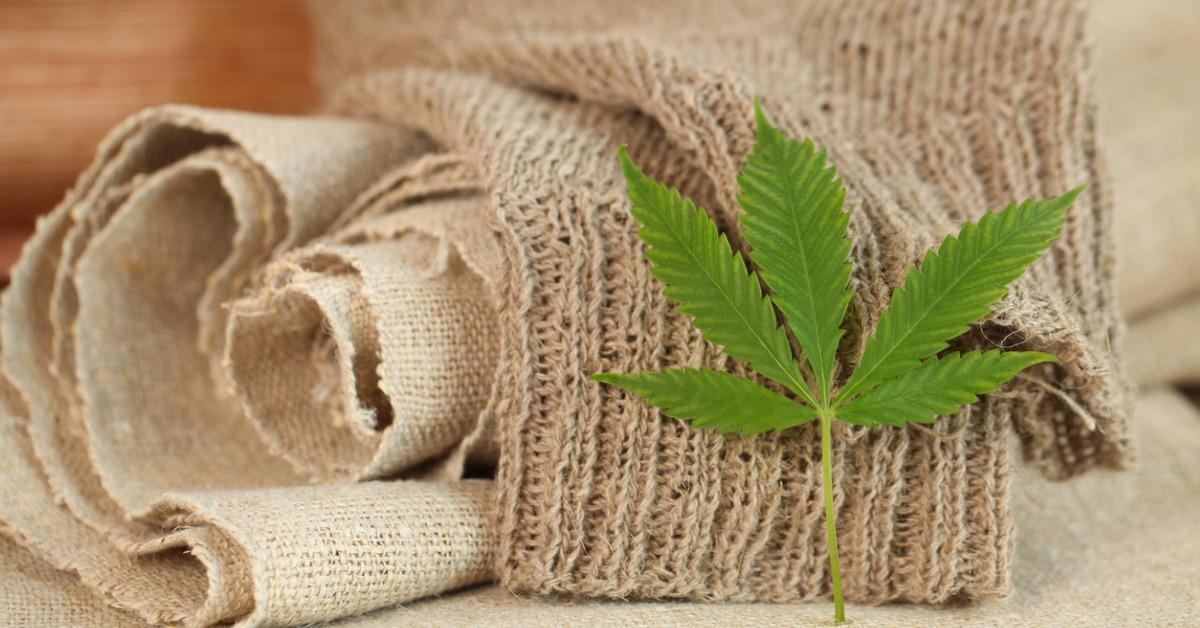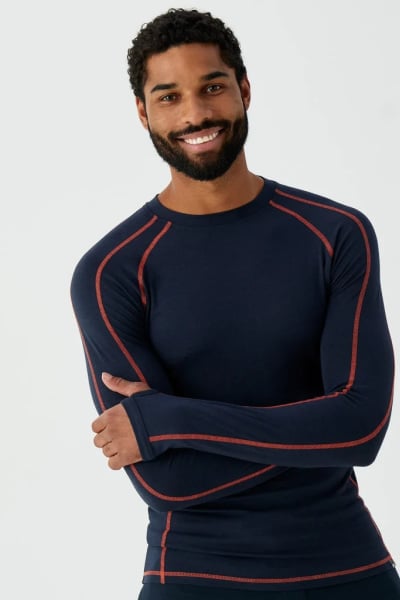How Is Hemp More Durable Than Cotton When It Comes To On Water Use, Pesticides Or Herbicides? There are many reasons hemp is considered to be a sustainable plant when compared with cotton when it comes to water use as well as insecticides and herbicides.
Hemp The needs for water in Hemp are relatively low compared with other crops, like cotton. Hemp is thought to be an herb that flourishes under very little irrigation. Hemp is often grown using rainwater in a variety of locations. It's a great water-efficient plant.
Cottonis known to be water-intensive. Cotton cultivation requires a lot of irrigation, which can lead to local water shortages as well as the depletion of water in areas that are under stress. The high water demand of cotton farming has led to concerns about its sustainability.
Herbicides and Pesticides
Hemp- Hemp naturally wards off many pests and illnesses, so it is less likely to require synthetic pesticides or herbicides. While certain hemp crops might require limited pest management measures however, the total dependence on chemical inputs is much lower than many other crops, like cotton. The hemp plant is virtually non-pesticide.
Cotton- Conventional cotton farming generally depends heavily on chemical pesticides and herbicides to control weeds and pests. These chemicals may cause negative environmental consequences like water and soil pollution, harm to nontarget species and also the development of pesticide-resistant insects.
In conclusion, hemp has been shown to be more sustainable when compared with cotton. This is because it makes use of less water, pesticides, and weedicides.
Hemp generally requires less water, and it can be grown without irrigation or rainwater.
Hemp is a natural ally to many pests and diseases and reduces the need for synthetic pesticides.
Hemp is generally grown with lower levels of herbicides and pesticides compared to traditional cotton.
It is essential to keep in mind that practices for sustainable agriculture and environmental protection could differ from one area or grower to another. By minimizing synthetic chemicals, and by promoting soil health organic farming practices increase the sustainability. When considering the environmental impact of textiles and clothing, making sure to use organic and sustainable fibers, whether cotton or hemp, could aid in reducing the environmental footprint of fashion. Read the recommended
hemp clothes for more recommendations including hemp fabric clothing, hemp pants womens, hemp textiles, hemp fleece fabric, american made hemp clothing, hemp long sleeve shirt, hemp sweatshirt, hemp t shirts wholesale, nomad hemp wear, 100 hemp clothing, and more.
 What's The Secret To Hemp's Moisture-Wicking, Thermoregulating And Breathable Properties?
What's The Secret To Hemp's Moisture-Wicking, Thermoregulating And Breathable Properties? Hemp fibers have breathable thermoregulating, and moisture-wicking properties due to their distinctive chemical and structural properties. These properties result from the interaction of several factors. Microscopic structure- Hemp fibers possess pore-like, hollow structures that allow air to circulate in the fibers. Hemp textiles are highly air-tight due to their inherent porosity. When they are knitted or weaved into fabric, the structure allows air to flow freely the fabric, which promotes ventilation and prevents the trapping of moisture and heat against the skin.
Moisture Absorption and Wicking- Hemp fibers are hydrophilic, which means they have a strong affinity for water and are able to absorb moisture readily. The fibers in hemp clothing absorb sweat, moisture, and prevent the feeling that your skin feels wet. Furthermore, hemp fibers are efficient at wicking away moisture, spreading it over a larger area of fabric so that it will evaporate more quickly. This moisture-wicking quality keeps your body dry and comfortable while exercising or in the summer heat.
Hemp fibres possess natural insulation properties. They can hold warmth close to your body when it's cold, providing warmth. In hot temperatures, they aid to cool you down by the ability of heat and moisture to escape. The thermoregulating capability inherent in hemp is ideal for clothing that is used in a variety of temperature and conditions.
Hemp fibers contain natural antimicrobial qualities that help prevent the growth of bacteria that cause odor. This feature helps keep hemp clothing clean and free from odors even after intense physical exertion.
Hemp fibers are long-lasting and are extremely durable. This means that hemp clothing is able to endure repeated washing and wear without losing breathability or moisture wicking properties. This makes hemp clothes to last longer, which reduces the requirement for replacement and, thus, the environmental impact.
UV Protection Hemp fibers shield the skin from harmful ultraviolet radiation. Being able to block UV radiation make hemp clothing suitable for activities outdoors.
It is crucial to understand that these qualities are inherently present in hemp fibers. They are not dependent on chemical treatment or other additives. Hemp has natural qualities that make it a sustainable and comfortable option for clothing. As hemp fibers can be processed and weaved, they retain their inherent qualities which makes them an eco-friendly practical fabric. Check out the best
dig this on hemp clothing for website info including patagonia volley shorts, patagonia work pants hemp, hemp fabric by the yard, 100 hemp t shirt, patagonia hemp shorts, clothes made from hemp, organic hemp clothing, women's all seasons hemp canvas bomber hoody jacket, 100 hemp shirt, hemp coat, and more.
 What Are The Advantages Of Wearing Bamboo Clothes For Wellbeing And For The Environment.
What Are The Advantages Of Wearing Bamboo Clothes For Wellbeing And For The Environment. Bamboo clothing offers many benefits for both comfort and environment.
Softness- Bamboo is renowned for its incredibly soft. It is a silky smooth texture that feels comfortable against the skin. A lot of people find bamboo clothing to be soft and luxurious making it a preferred choice for intimate clothes, loungewear, and activewear.
Breathability Bamboo fibers naturally transpire and absorb moisture. The tiny gaps in the fabric allow air to flow, keeping you comfortable and cool during hot weather. Moisture wicking assists in drawing sweat off your skin.
Bamboo clothing has excellent thermoregulation properties. It can keep you warmer in colder weather by keeping heat close to the skin. It can also help you to keep cool in hot weather because it allows excessive heat and moisture to escape. The ability to adjust clothing to different temperatures allows it to be worn throughout the throughout the year.
Hypoallergenic Bamboo fabric is hypoallergenic, and gentle for sensitive skin. It is less prone to irritate or cause allergic reactions.
Bamboo fibers naturally have antimicrobial properties, and can inhibit the development of bacteria which cause the odor. Bamboo clothing is able keep fresh and clean after physical activity.
Environment-
Sustainable- The bamboo plant is a sustainable and renewable resource. It is one of the fastest-growing plants and only requires very little water. No pesticides, herbicides, or other chemicals are required for its cultivation. Bamboo is able to be harvested without harm to the plant as its roots regenerate.
Bamboo has a low water consumption. Bamboo can survive on very little water and can grow with only rainwater.
Biodegradability Bamboo clothing naturally decomposes when disposed of. This property helps reduce the quantity of non-biodegradable textile garbage that is disposed of in landfills.
Carbon Sequestration- Bamboos can capture carbon dioxide (CO2) from the atmosphere during their rapid expansion. Bamboo farming is a great way to reduce greenhouse gas emissions and act as a source of carbon.
Chemical Reduction- The manufacturing of bamboo fabrics typically requires the use of fewer chemicals and processing steps than other textiles, which reduces the environmental impact resulting from textile production.
Closed-Loop Production- Some bamboo fabric production processes utilize closed loop systems that reuse and recycle water and chemicals, while minimizing waste and pollution.
Be aware that the effects of bamboo clothing on the environment may be different based on the kind of manufacturing process used and the source of bamboo used and sustainably from the bamboo forest. Consumers should only buy bamboo clothes that are made using eco-friendly ethical methods to guarantee maximum environmental benefits. Follow the top
for beginners about bamboo clothing for site tips including bamboo cay shirts christmas, bamboo sun shirt, bamboo fabric clothing, boody clothing, bamboo fiber t shirt, bamboo pajama pants, bamboo long sleeve shirt, short bamboo, bamboo workout clothes, bamboo sweatshirt, and more.
